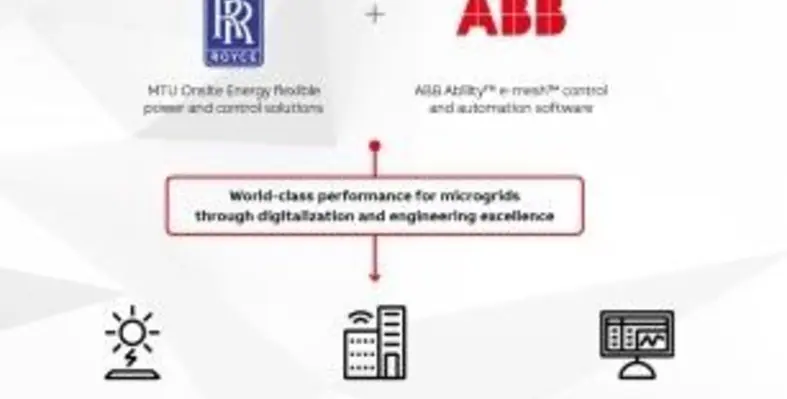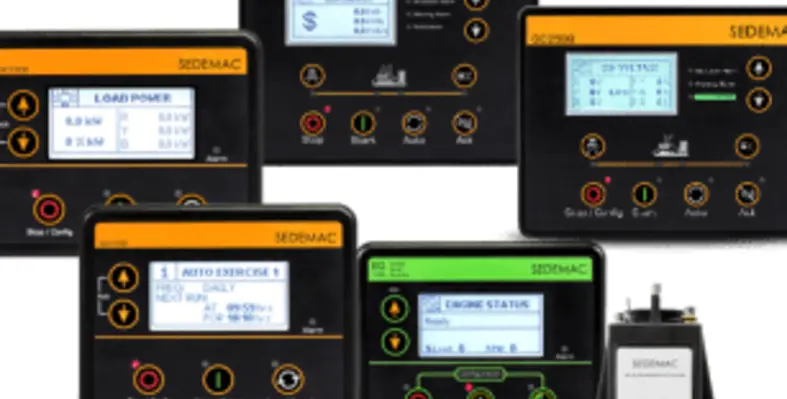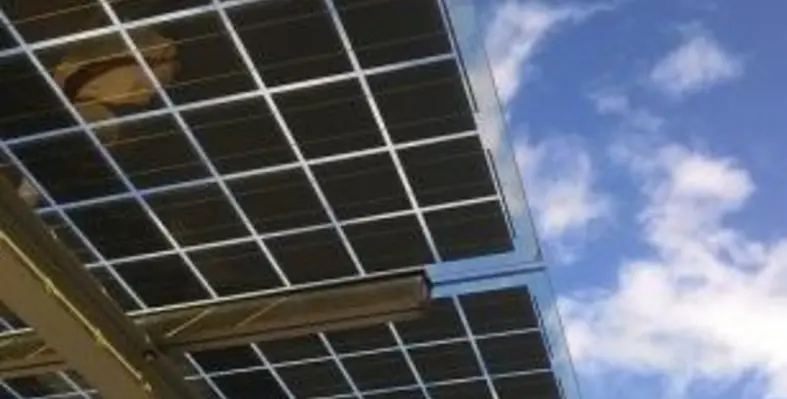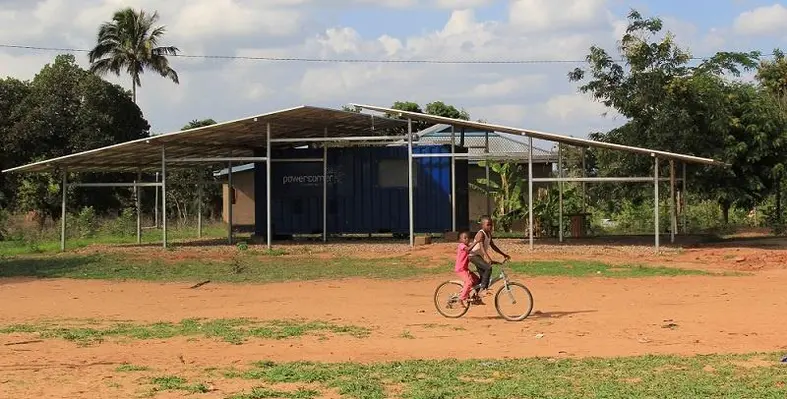Siemens has signed an MoU agreement with the Federal Democratic Republic of Ethiopia to support the government’s objective to boost energy and infrastructure sectors
Energy
ENGIE inaugurates first mini-grid in Zambia
ENGIE has inaugurated its first PowerCorner in the Zambian village of Chitandika in presence of the Zambian Minister of Energy, Matthew Nkhuwa, ENGIE’s leadership team as well as local stakeholders
ABB and Rolls-Royce announce global microgrids cooperation

The solution will provide power generation asset owners a vertically integrated, unified view of their distributed energy resources and renewable power generation that is quick to deploy and that reduce operational costs. (Image source: ABB)
ABB and Rolls-Royce will partner globally on microgrid technology and advanced automation, offering an innovative, energy-efficient microgrid solution for utilities, commercial and industrial entities
Improve reliability and reduce cost with SEDEMAC’s genset controls

SEDEMAC’s control solutions impart a high degree of dependability to the backup generator sets. (Image source: SEDEMAC)
SEDEMAC is India’s largest genset controls company and is expanding rapidly into ‘North America, Europe, Africa, the Middle East, and China regions’
AfDB approves US$20mn facility for green mini-grid programme in Congo

Upon completion, the envisioned mini-grids that range from 3 to 10 MW will directly connect 21,200 households and 2,100 SMEs and public buildings, benefitting at least 150,000 people. (Image source: Free-Photos/Pixabay)
The African Development Bank (AfDB) has approved US$20mn loans to support renewable-based, mini-grid solutions to the off-grid cities of Isiro, Bumba and Genema in Congo

